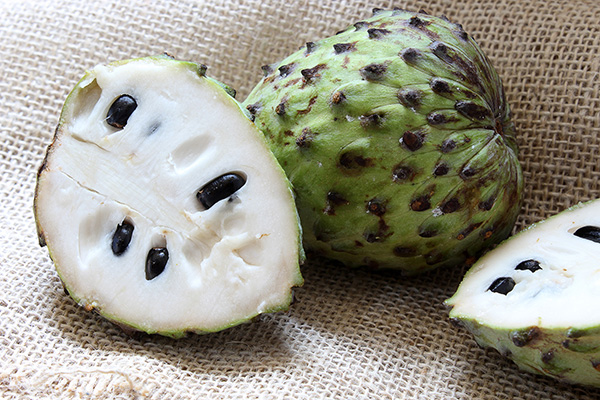White Willow Bark Tea: Benefits, Side Effects, and How to Make It
White willow bark tea is an herbal tea made from the bark of the white willow tree. With a history dating back to ancient times, this plant has been used as a natural remedy for various ailments. Rich in salicin, a chemical similar to aspirin, it provides relief from numerous conditions while serving as a warming beverage.

Potential Health Benefits of White Willow Bark Tea
The health benefits of this versatile tea are numerous.
Pain Relief
Salicin, the main active ingredient in white willow bark, converts into salicylic acid in the body, which is a natural pain reliever. It can ease headache, menstrual cramps, muscle pain, and arthritis pain.
Anti-Inflammatory Properties
Inflammation is the body’s response to injury. White willow bark tea can reduce inflammation thanks to salicin’s anti-inflammatory effect. This makes it a great natural remedy for conditions like arthritis and gout.
Fever Reduction
Historically, white willow bark was used to manage fevers. Its aspirin-like effects can help reduce body temperature and provide relief from the discomfort associated with fever.
Improved Digestive Health
White willow bark tea is known for its beneficial effects on the digestive system. It can help alleviate symptoms of indigestion, heartburn, and stomach discomfort.
White Willow Bark Tea Side Effects
Despite its benefits, it’s important to be aware of the potential side effects.
Upset Stomach
The same salicin that offers so many benefits can also upset some people’s stomachs, leading to nausea or heartburn. Drinking this tea with a meal can often mitigate this effect.
Allergic Reactions
Some people might be allergic to the compounds found in white willow bark. This could lead to skin rashes, itching, and breathing problems. Always test a small amount first if you’ve never had the tea before.
Blood Thinning
White willow bark, like aspirin, can act as a blood thinner. This could be problematic for people who have bleeding disorders or are due for surgery.
Who Should Not Drink White Willow Bark Tea?
Individuals with a known allergy to aspirin, those who are pregnant or nursing, children under the age of 16, and people with chronic conditions like kidney disease, liver disease, or bleeding disorders should avoid this tea. Always consult your healthcare provider before trying new remedies.
How to Make White Willow Bark Tea
Making this beneficial tea is simple:
- Boil water in a pot or kettle.
- Place 1-2 teaspoons of white willow bark in a cup or teapot.
- Pour the boiling water over the bark and let it steep for about 15-20 minutes.
- Strain the tea into a cup and enjoy. Add honey or lemon for flavor if desired.
Remember to follow the manufacturer’s guidelines if you’re using a branded product.
Final Thoughts
White willow bark tea, with its numerous health benefits and few side effects, is a versatile natural remedy. It’s essential to use it responsibly and be aware of any potential reactions your body may have.
FAQ
What Does White Willow Bark Tea Taste Like?
White willow bark tea has a bitter taste, somewhat similar to green tea. Adding honey or lemon can make it more palatable.
When Should I Drink White Willow Bark Tea?
While there’s no specific time to drink white willow bark tea, it’s often consumed for pain relief, so anytime you’re experiencing discomfort would be suitable.
How Often Can You Drink White Willow Bark Tea?
While there are no strict guidelines, it’s recommended to have 2-3 cups per day, based on the severity of your symptoms. Always adhere to the instructions provided on the product packaging.
How Long Can You Drink White Willow Bark Tea Safely?
Most people can safely drink white willow bark tea for up to 12 weeks. If you plan to consume it for a longer period, please consult a healthcare provider.
Can White Willow Bark Tea Help With Black Pain?
White willow bark has been used for centuries as a natural remedy for pain and inflammation due to its salicin content, which the body can convert into salicylic acid, a precursor of aspirin. Therefore, it could potentially help with back pain. However, like any other herbal remedy, its effectiveness can vary from person to person.
In addition to white willow bark tea, other teas may also offer potential relief from back pain.
Is Willow Bark Tea Good for Sciatica Pain?
Willow bark has been used traditionally as a natural pain reliever due to its salicin content (a compound similar to the active ingredient in aspirin). It might provide some relief for sciatica pain.
Is White Willow Bark Tea Good for Headaches?
White willow bark tea could potentially help with headaches as it contains salicin, a substance that is chemically similar to aspirin.






